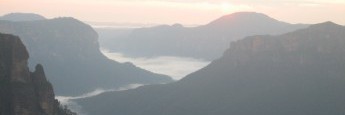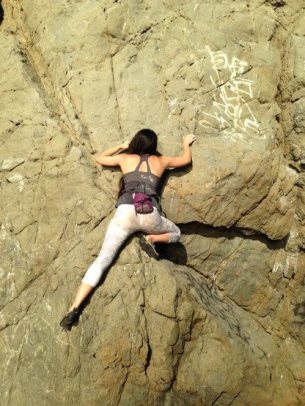
Our writers’ group wrote our responses to this prompt: “There was a familiar scent in the air…”
Always interesting to see individual impressions of a subject.
Jane
There was a familiar scent in the air. Annie paused, momentarily struck. It was the soft, sweet scent of freesias, a fragrance of her grandmother’s garden on a warm spring day and not something that she expected to smell in hospital in the depths of winter. She cast a look around the room but there was just one other woman resting opposite her. She was snoring softly and hadn’t woken when Annie had been wheeled into the corner.
Annie leaned forward, thinking that perhaps it was just a floral scent being worn by one of the nursing staff. But there was no-one in sight and all that she could smell now was the brazen note of antiseptic, strong enough to singe nasal hair and cover most of the bodily odours in the ward. She sighed and closed her eyes. It might have been the effect of the medication or a delayed impact of the anaesthetic but as she closed her eyes, suddenly drowsy, she could smell it again.
Annie let her mind wander back to when life was simple and relatively pain-free, when her school holidays were spent at her grandparents’ house and days passed by playing in the wonderland that was their garden.
The freesias were planted in a neat row along the driveway, forming a fragrant guard of honour along the entrance. There were several garden beds at the front and back of the property, and Annie could picture the native trees marching along one fence line, bristling with banksia men and their fierce brown faces. The front garden was encircled by camellias, their blooms both large and small providing a colourful carpet of petals as the seasons changed. A large macadamia tree stood sentry over the driveway, its barbed leaves protecting the tough nuts. Bright bottle brushes and grevilleas tempted the birds, honeyeaters dancing swiftly about when the shrubs were in bloom.
The steep back garden had been terraced in part to grow vegetables. Crisp beans grew against the back fence, sharing a space with colourful sweet peas in spring. Parsley grew in pots, and Annie had loved to pluck and lightly crush the curling herb between her fingers. Large cabbages grew in winter, their dark green and purple leaves encasing the heavy hearts of the vegetables. The cumquat tree had enchanted her; the zesty skin of the carefully harvested small fruit later transformed into jam. A gum tree towered high above the clothes line, a favourite podium for the magpies to sing their beautiful songs.
Annie walked herself around the garden again, taking slow steps to enjoy the multicoloured freesia blooms, almost too heavy for their stems. She walked over to the camellias, marvelling at the marbling of pinks and whites and reds on the petals, such a contrast to the glossy emerald leaves. She reached out and felt once more the soft and comforting warmth of her grandmother’s hands as the scent of freesias surrounded her.









